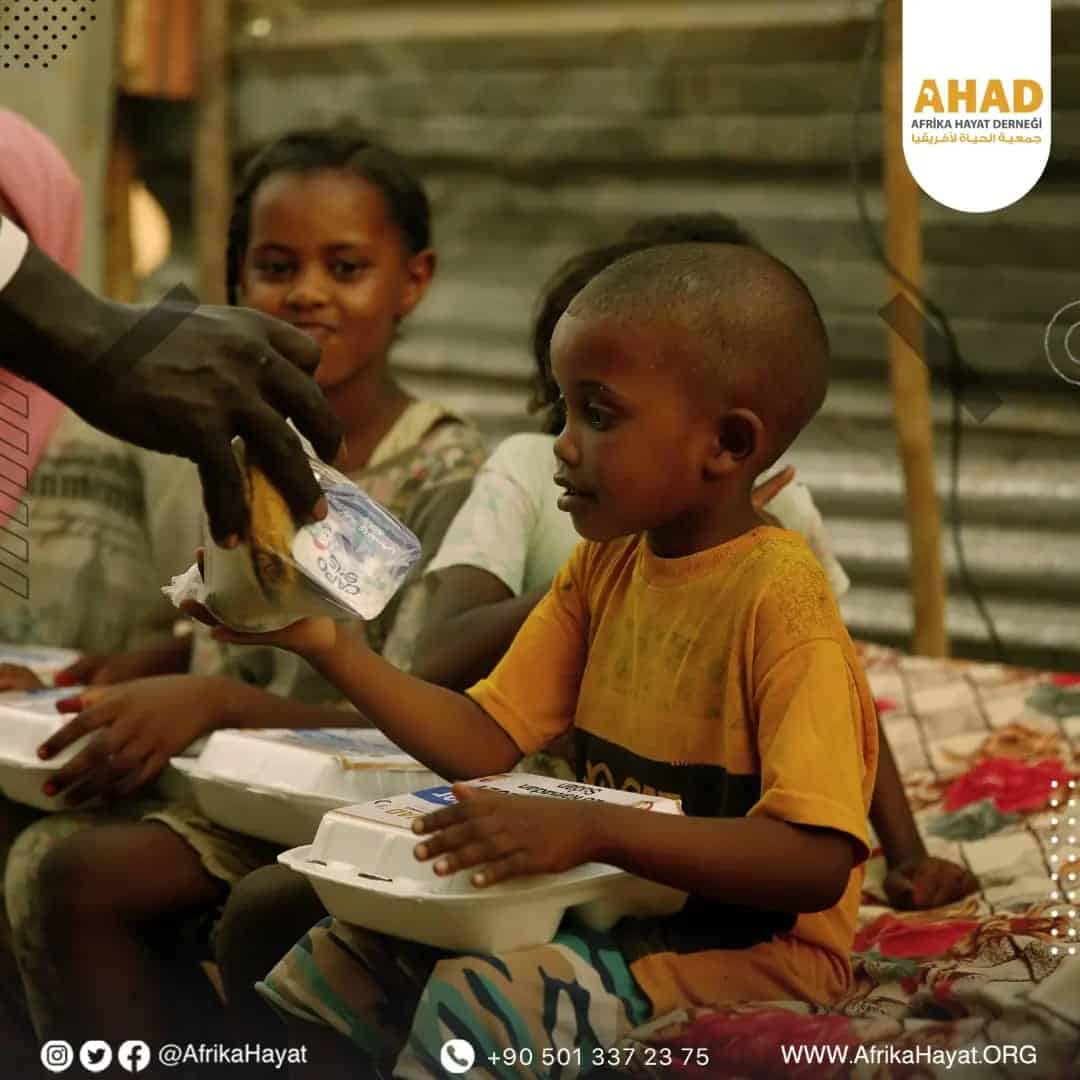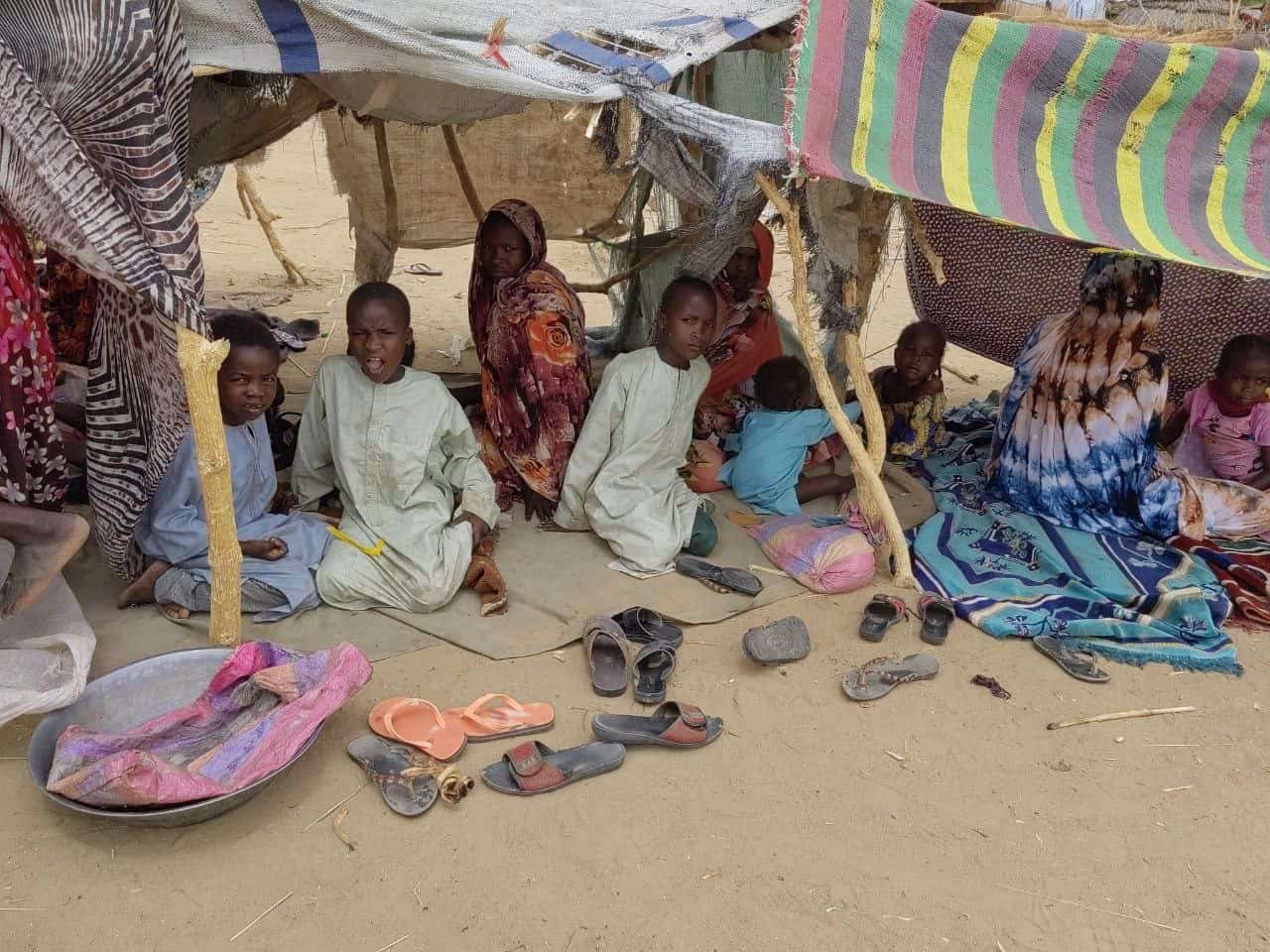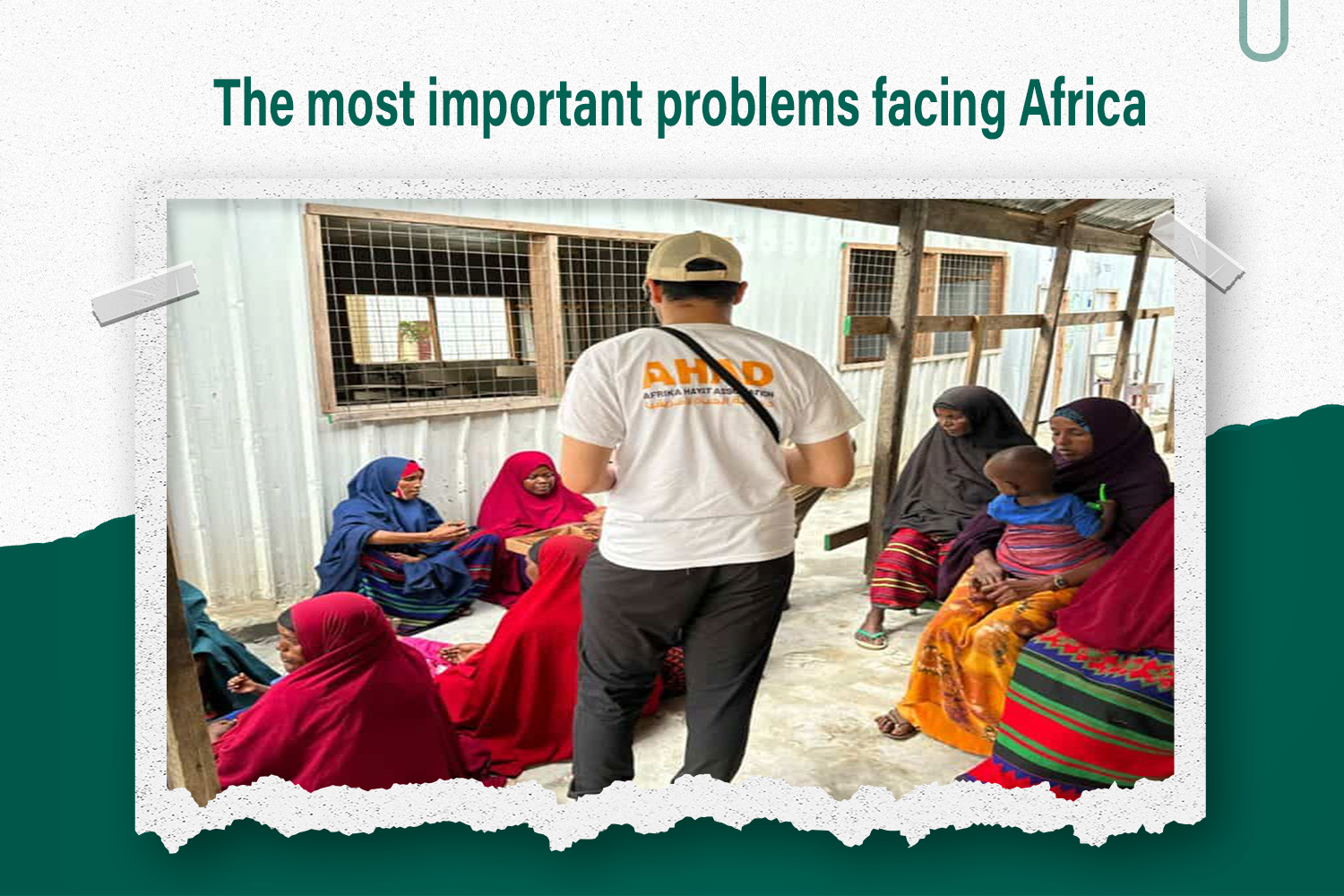Economic problems
Poverty and lack of economic opportunities are two of the most prominent problems plaguing Africa. About 40% of the continent’s population lives below the poverty line, which negatively affects their quality of life and their opportunities for economic growth. In addition, challenges related to external debt hinder economic development in the region, as countries must allocate a significant part of their resources to repay these debts.
Poverty and lack of economic opportunities
About 40% of the African population lives below the poverty line, and this affects their quality of life and their opportunities for economic growth. The continent suffers from a lack of adequate employment opportunities and sustainable income, which increases the magnitude of socio-economic inequality. Technological backwardness and poor infrastructure are one of the reasons for the lack of economic opportunities on the continent.
The impact of external debt on the African economy
African countries are struggling with the burden of external debt, which significantly affects their economies. The problem increases when the debt burden becomes greater than the state’s ability to repay it. Many African countries need to reduce and restructure their debt to achieve sustainable development and improve investment and growth opportunities.
Problems of politics and stability
Armed conflicts and their impact on political stability in the African continent are among the most prominent problems it faces. These conflicts are driving millions of people from their homes, destroying infrastructure and institutions, and disrupting the development process. In addition, the lack of democracy in some African countries negatively affects their stability and development. Therefore, the international community must work to promote better governance, promote peaceful solutions to conflicts and develop a strong Democratic political system across Africa
Armed conflicts and their impact on political stability
Armed conflicts are one of the biggest problems affecting the stability of politics in Africa. These conflicts lead to the displacement of millions of their population and the destruction of infrastructure and institutions. It also disrupts the development process on the continent. In addition, the lack of democracy in some states negatively affects their stability and development. The international community must work to promote better governance, promote peaceful solutions to conflicts and develop a strong Democratic political system throughout Africa.
Lack of democracy and its implications for development
The lack of democracy in some African countries is considered a significant obstacle to sustainable development. The absence of strong democratic governments negatively affects the stability of the country and the creation of positive change. The lack of democracy exacerbates corruption and the lack of Government Accountability, which leads to mismanagement of resources and deterioration of public services. Therefore, it is important to encourage African countries to promote strong democratic governments and promote better transparency and governance to achieve sustainable development.

Public health issues
Africa is facing major public health challenges. Much of the continent’s population suffers from a lack of funding for health care and a lack of medical facilities. In addition, some countries are experiencing the spread of widespread diseases and epidemics such as malaria and HIV (HIV). Solving these problems requires global efforts to increase funding, promote awareness and improve the infrastructure of Health Services.
Lack of funding for health care
The health system in Africa is underfunded to provide quality health care to the population. This challenge is one of the main reasons why there is a lack of access to high-quality healthcare services in some regions. Effective solutions to this problem require increasing the funding allocated to the health sector and improving its equitable distribution. International partners should also be encouraged to support better health financing programs and develop new ways to generate sustainable revenues for the sector.
Challenges of combating widespread diseases and epidemics
Africa faces great challenges in the fight against widespread diseases and epidemics. Some countries are experiencing the spread of infectious diseases such as malaria, tuberculosis and Ebola. This is partly due to a lack of funding and inadequate health infrastructure. It is necessary to strengthen awareness-raising, vaccination efforts and the provision of basic health services to the population to reduce the spread of these diseases and prevent them.
Environmental and natural challenges
Africa faces significant environmental and natural challenges. The continent is experiencing widespread desertification and environmental degradation, which affects agricultural land and Water Resources. In addition, climate changes threaten food security and cause an increase in tsunamis and floods. To address these challenges, environmental protection must be strengthened and sustainable strategies must be developed to properly utilize natural resources.
Desertification and environmental degradation
Africa suffers from the problem of desertification and significant environmental degradation. The spread of the desert and the shrinking of green spaces lead to the decline of agricultural land and the lack of Water Resources. This threatens food security and the sustainable economy of the region. To face these challenges, Africa must develop strategies to properly protect the environment and conserve natural resources.
The impact of climate change on food security
Africa is experiencing the effects of climate change on food security. High temperatures and weather fluctuations adversely affect crop production and the availability of Water Resources. The frequency of occurrence of droughts and floods is increasing, which hinders the sustainability of agricultural production. This leads to a shortage of food supply and its high prices, which threatens the health and safety of the population of Africa. Therefore, States and organizations must cooperate to develop appropriate strategies to respond to these challenges and ensure the availability of food for all in the future.
Socio-cultural factors
Africa faces diverse social and cultural challenges. Some countries suffer from ethnic discrimination and inequality, which affects the rights of minorities. Africa also faces difficulties in the field of education and culture, as literacy levels are falling in some regions. Therefore, governments and communities must work together to promote equality and improve educational and cultural opportunities across the continent.
Ethnic discrimination and inequality
Some countries in Africa suffer from ethnic discrimination and inequality, where people from certain minorities are subjected to injustice and marginalization in various areas such as employment, access to health services and education. Governments and societies should strive to end this discrimination and achieve equality among all members of society, whether of the same race or otherwise.

The challenges of education and culture in some African countries
Some countries in Africa are facing challenges in the field of education and culture. Many children in those countries suffer from lack of educational opportunities, lack of schools and educational facilities. Culture in these countries also faces difficulties in preserving its heritage and promoting it to younger generations. Governments, educational and cultural institutions must take immediate action to improve the quality of education and preserve cultural heritage to ensure a better future for Africa’s youth.
Solutions and recommendations
The need to strengthen international cooperation to support Africa in meeting its challenges, through the provision of financing, technical assistance and technology transfer.
Promote sustainable investment partnerships in various sectors, such as agriculture, industry and tourism, to achieve comprehensive development.
Develop effective educational and educational programs to improve the quality of education and promote cultural heritage among the younger generations.
Reform the health system and provide the necessary funding to strengthen health care services in disadvantaged communities.
Encourage countries ‘ governments to take immediate action to address climate change and conserve natural resources, by implementing sustainable environmental policies.
Combating ethnic discrimination and promoting equality among all members of society, through the implementation of laws and policies that protect the rights of minorities and promote social solidarity.
Encouraging civic and democratic participation at all levels of society, through the formation of bodies and parties that actively participate in decision-making.
Providing sustainable employment opportunities for young people and developing entrepreneurship as a means of creating economic opportunities and improving the standard of living.
The need to train the necessary competencies in the areas of management, planning and innovation to ensure the success of development in Africa.
Promote a culture of Social Responsibility and highlight the importance of participation in building a better future for community members.
The need to strengthen international cooperation in support of Africa
Strengthening international cooperation is one of the key solutions to help Africa overcome its challenges. States and international institutions should provide financing, technical assistance and technology transfer to the continent. This requires strengthening partnerships with local governments, NGOs and the private sector. Through such cooperation, it is possible to support sustainable development measures in various fields such as health, education, infrastructure, and the development of economic projects.
Sustainable investment partnerships as a means of development
Sustainable investment partnerships are one of the effective ways to promote development in Africa. By attracting investments in various sectors such as renewable energy, infrastructure and sustainable agriculture, it is possible to achieve sustainable economic growth and create jobs for the inhabitants of the continent. These partnerships should be based on the common interest of the partners, ensure the benefit of local communities and protect the environment. In addition, cooperation with local enterprises should be encouraged to promote industrial transformation and increase their competitiveness.
You can visit the ahad Association website to find out more about the projects it offers
Related articles:
The importance and bounty of the month of Ramadan
Join us in our message by donating




